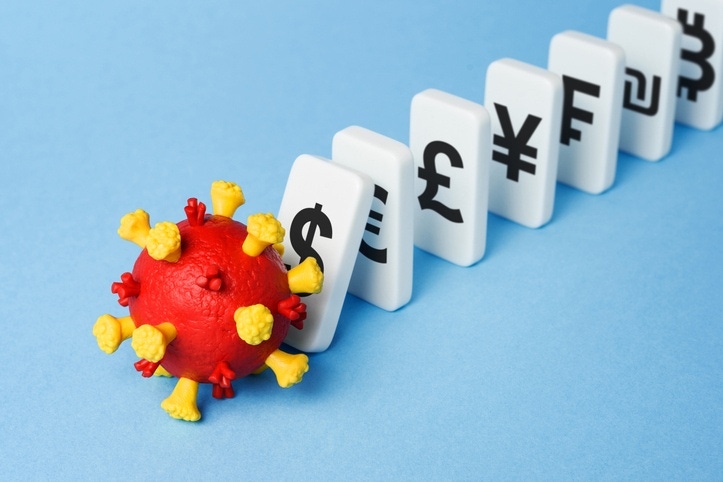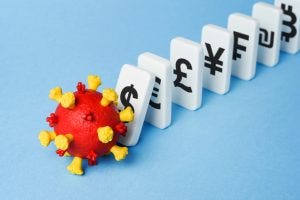Content Spotlight
Podcast: MilliporeSigma says education vital to creating unbreakable chain for sustainability
MilliporeSigma discusses the importance of people, education, and the benefits of embracing discomfort to bolster sustainability efforts.

COVID-19 has caused regulatory inspection delays, operational slowdowns and lower consumption, diminishing Biocon’s aspiration of reaching $1 billion in annual biosimilar revenues.
On paper, Biocon’s third quarter FY21 was positive. Sales grew 7% year-on-year to INR 1,879 crore ($258 million), with an 11% growth in biosimilars contributing INR 769 crore to the total.
Quarter-over-quarter, biosimilar sales grew 14%, and Biocon’s presence in marketed biosimilars further grew with a number of approvals across various jurisdictions, including EMA recommendation for its insulin aspart, Kixelle, a biosimilar of Novo Nordisk’s NovoRapid.

Image: iStock/Kotenko_A
But during a call to discuss results, the Indian drugmaker admitted the impact of COVID-19 has continued to create market-related challenges and reduced the firm’s biosimilar growth ambitions.
“Against this challenging backdrop, we believe that COVID-19 has dampened our ability to achieve our aspirational $1 billion revenue by 2022,” said Kiran Mazumdar-Shaw, Biocon’s founder and executive chairperson. “We will reassess the timeline required to accomplish this target after evaluating all possible opportunities once business normality returns.”
She explained there has been a reduction in patient footfall in hospitals leading to lower consumption, especially in the US.
“For example, pegfilgrastim market volumes in the US was down by 7% in Q2 of FY 2021. It has been more challenging for commercial teams to switch customers to biosimilars and enter new markets”
Furthermore, she cited operations at the firm’s biomanufacturing sites in India and Malaysia have been hit by the pandemic.
“Our facilities are not running on full strength due to COVID-19 related safety measures, procurement of some raw materials has taken longer than usual, it has been challenging to get shipments of finished products out on time, resolving operational issues is taking more time given travel restrictions.”
And the firm has also been hit by a regulatory delay in the US approval of its biosimilar to Roche’s Avastin (bevacizumab).
“There is no technical issues outstanding with the [US] FDA. The only component is the COVID-related ability of the FDA to inspect our facilities,” Mazumdar-Shaw told stakeholders. “When the FDA communicates with us, we will be ready to share that information with you at an appropriate time. At this point in time, we’re waiting for the FDA to show up at our door and inspect us.”
In the US specifically, biosimilars have been slow to take off. The first approved biosimilar – Sandoz’s Zarxio (filgrastim) – did not gain approval until 2015, a decade after Europe approved its first biosimilar.
While there has since been a flurry of approvals – including insulins, now deemed biosimilars – and a greater acceptance in the US, innovator pricing models and growing competition remain concerns for pure play biosimilar companies like Biocon.
“Like it happened in the case of generics, originators are going to react and respond aggressively by trying to basically prevent biosimilars from encroaching their market share. So, they will start reducing their pricing,” said Mazumdar-Shaw.
“However, we believe that biosimilar companies like ours, which are pure play biosimilars companies, are very, very aware of these kind of pricing aspects of the business. And we have already baked in many of these assumptions as to how much a discounting could be to reach our billion-dollar target.”
She added there will be competition from other biosimilar players but “early movers do have a great advantage of getting higher market share, and that’s what we’re really focused on. And as soon as the COVID crisis is over, the strategies that we had actually developed for gaining greater market share will quickly kick in.”
You May Also Like